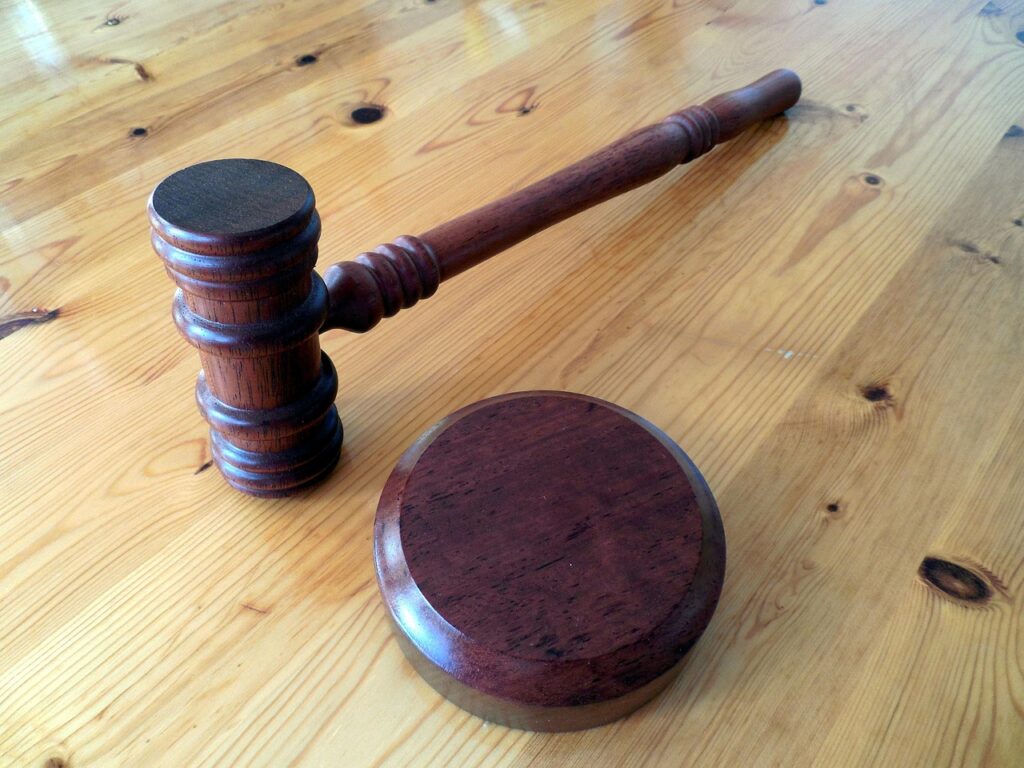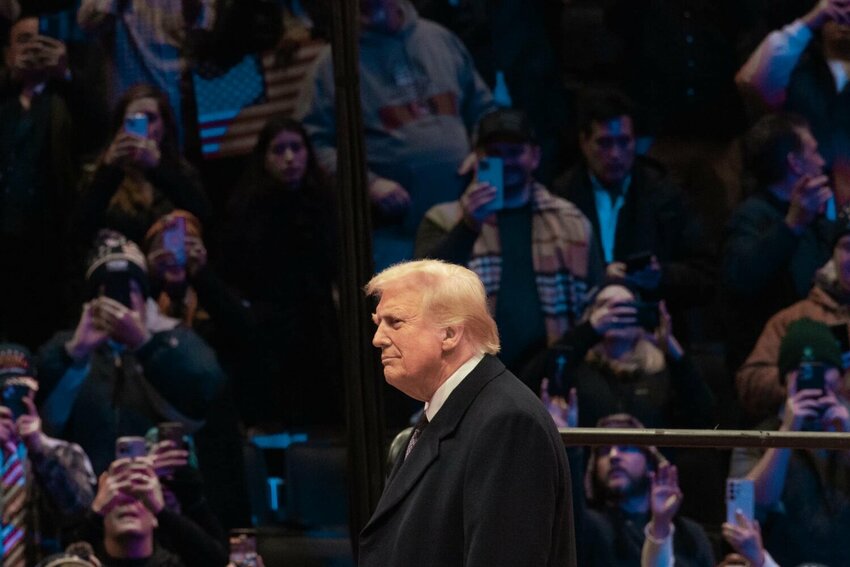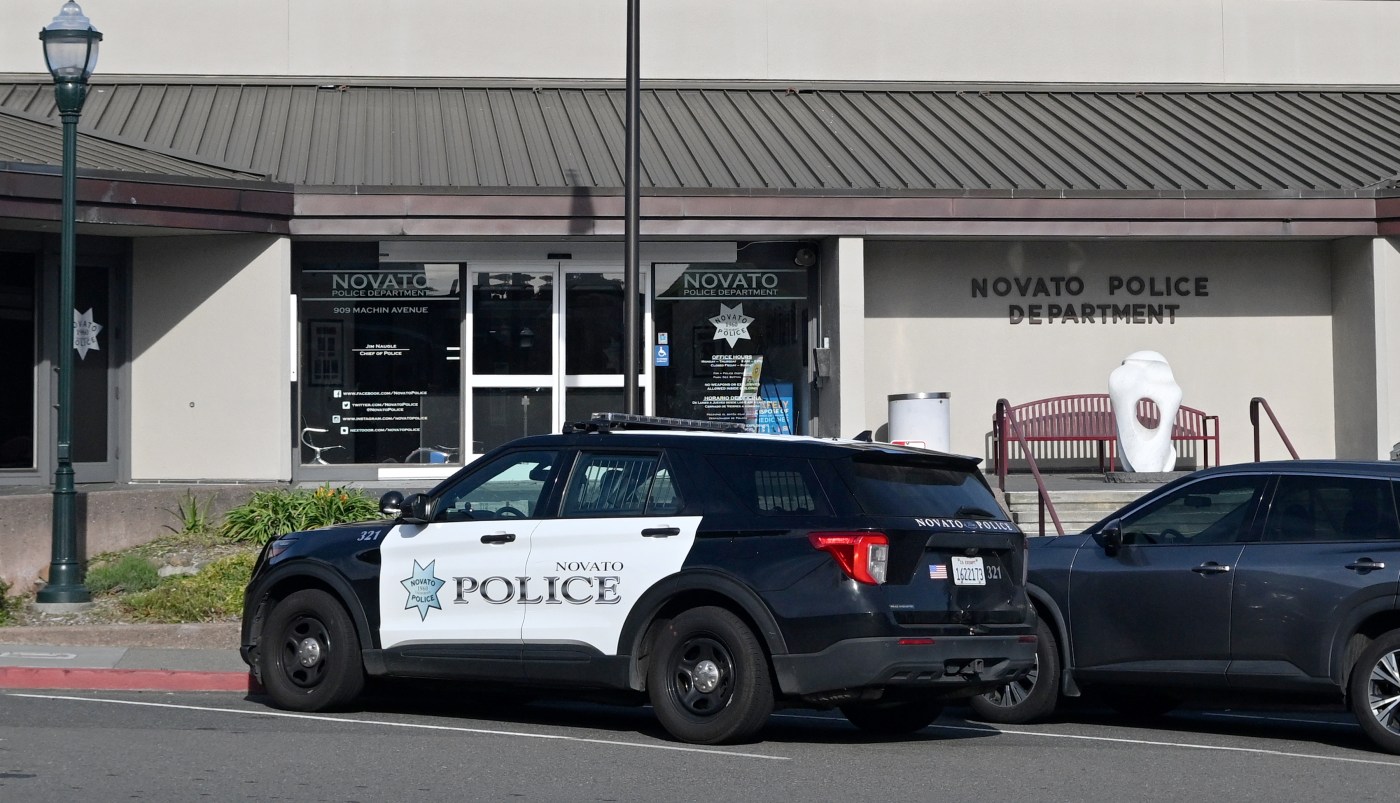
A federal judge has determined that an attempt by the Trump administration to deport non-citizens for participating in protests related to the Gaza conflict violated their First Amendment rights. On October 31, 2023, Judge William G. Young, a district judge for the U.S. District Court for Massachusetts, issued this ruling, emphasizing the government’s actions aimed to suppress the rights of individuals to freely express their political beliefs.
In his opinion, Judge Young stated that the actions taken by Secretary of Homeland Security Kristi Noem and Secretary of State Marco Rubio were intended to “chill the rights to freedom of speech and peacefully to assemble” of the non-citizen plaintiffs involved. He pointed out that the First Amendment, which declares that “Congress shall make no law abridging the freedom of speech or the right of the people peaceably to assemble,” applies universally, encompassing both citizens and non-citizens alike.
The judge’s ruling stands in stark contrast to President Trump’s interpretation of First Amendment protections, which he articulated in executive statements that purportedly limited such rights to American citizens only. Pro-Palestinian protests surged across U.S. college campuses following the Hamas attacks on October 7, 2023, drawing significant participation from students and faculty alike.
Several individuals involved in these protests were arrested, detained by U.S. Immigration and Customs Enforcement (ICE), and faced threats of deportation. In defense of these actions, Secretary Rubio referenced the Immigration and Nationality Act (INA) of 1952. This act allows the revocation of visas and deportation if a non-citizen’s presence is believed to pose “potentially serious adverse foreign policy consequences.” However, Judge Young asserted that the law does not sanction deportation based solely on lawful beliefs expressed within the United States.
The case was brought forth by the Middle East Studies Association (MESA) in collaboration with legal representatives from Columbia University and chapters of the American Association of University Professors (AAUP) from Harvard, Rutgers, and New York University (NYU). Following the ruling, Jameel Jaffer, the executive director of Columbia University’s Knight First Amendment Institute, described the decision as a “historic ruling.” He remarked that it reinforces the principle that the government cannot imprison individuals merely for holding political views that differ from its own.
A remedy hearing is scheduled to follow this ruling, which may address the implications and next steps regarding the treatment of non-citizen protesters in similar cases. The outcome of this case could have significant ramifications for the interpretation of free speech rights in the context of political dissent and activism in the United States.







